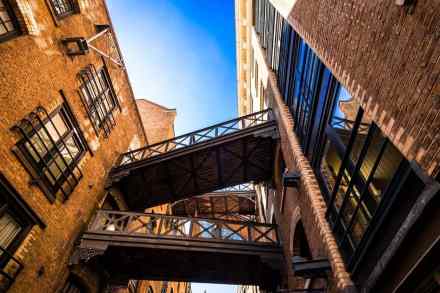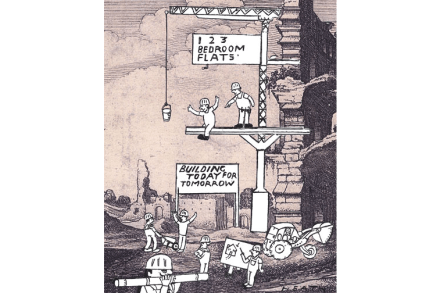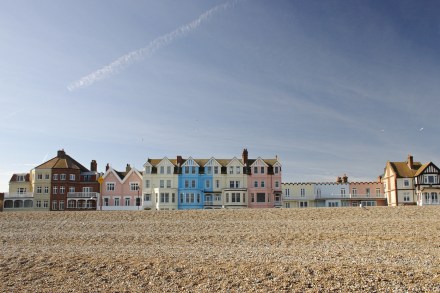The London property hotspots most likely to gain value
The preponderance of publicity over the last 24 months exhorting Londoners to abandon ship has left some areas of the capital looking like relative bargains or at least lagging behind widely hyped price rises elsewhere in the UK. Indeed, the average property price in Cambridge is now higher than that of the capital. Anecdotally, the stress of moving under duress has meant a significant number of those recently ‘lost’ have now returned to areas like Wandsworth, Hammersmith and Fulham. Many buyers have rented for a time in order to attempt a rural purchase before deciding to return. According to data from propertymark, there were an average of 29 buyers for every available




















